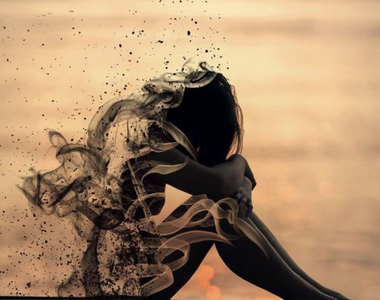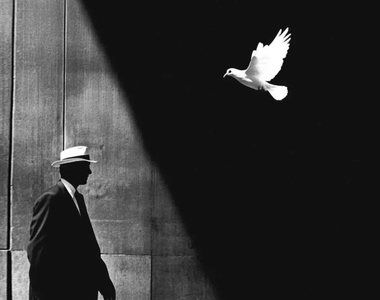
Short-term memory is not my strong point, but something stuck in my mind this weekend. Luana Vjollca was sick.
I would never have known this information if Olsi Bylyku ??had not said at the beginning of the program that "Luana is very sick" and "we found her in makeup with two serums"; if Luana hadn't appeared on the show in her pajamas as a joke to say she got out of bed, and if there hadn't been videos posted on Instagram where Luana seemed to be taking serum, while reading the scale and someone doing her makeup. I know, a lot of information in one sentence.
Part of me (the work-obsessed one) understood the insistence on going to work with a fever and after two serums, but the other part (the one that is overthinking all the time) was somewhat surprised at how many times the disease was mentioned and photographed. and the sick.

Should we, in one form or another, jokingly or not, constantly tell people how hard we work? I think not. I am arguing below my opinion, for which I emphasize that it is a personal point of view and my approach distances itself from Luana as a character, whose case served only for the idea of ??the article.
People who constantly talk about how hard they work can seem both boastful and insecure. The uncertainty can hardly be denied. It's as if they don't know their worth and are desperate to have it validated externally.
Another reason why some people like to emphasize how much and under what conditions they work is mainly related to the fact that they want to justify to themselves the lack of a work-life balance.
In other cases, they do it because they believe it makes them feel more successful. But productive people have understood that overwork, to the point of exhaustion, is not necessarily a sign of success.
To clarify: Talking about our work is inevitable and, above all, important. I understand, definitely. When you are endlessly tired, you sometimes ask for a "bravo", a word of gratitude or some motivational message. But the fact that we don't live in a rosy world reminds us time after time of the harsh truth: No one says "thank you" for doing your job.
Personally, I think that we should bluntly say how hard we worked only in cases when we ask for a salary increase, when we communicate about the increased volume of work or when a colleague has brought it up to the tip of his nose by making fun of the fact that you are paid more than he she. Except in these cases, everything else is personal choice.
Last, and most importantly, when people work "hard", they don't need to tell others how hard they worked. The work speaks for them.
Copyright Anabel.al / Reprinting without the permission of the editors is prohibited.







